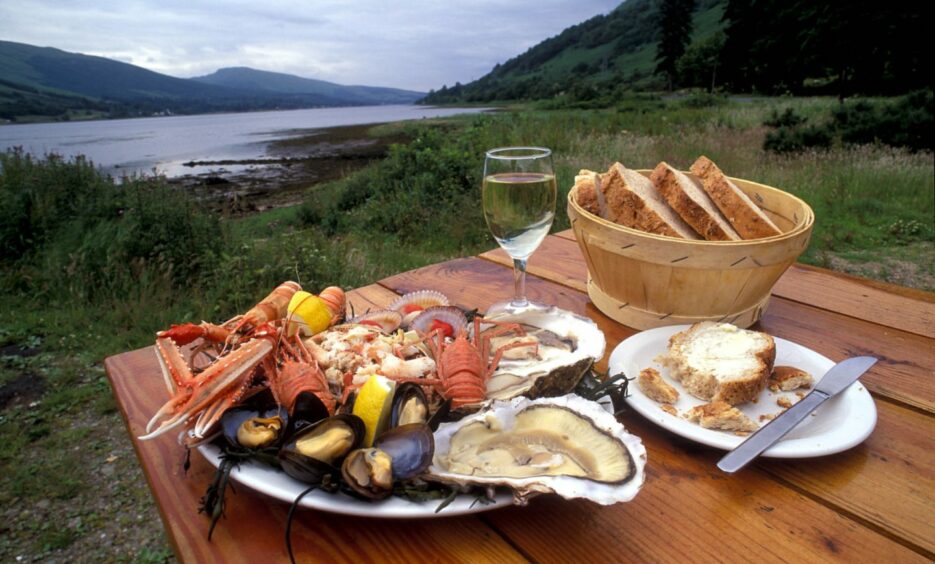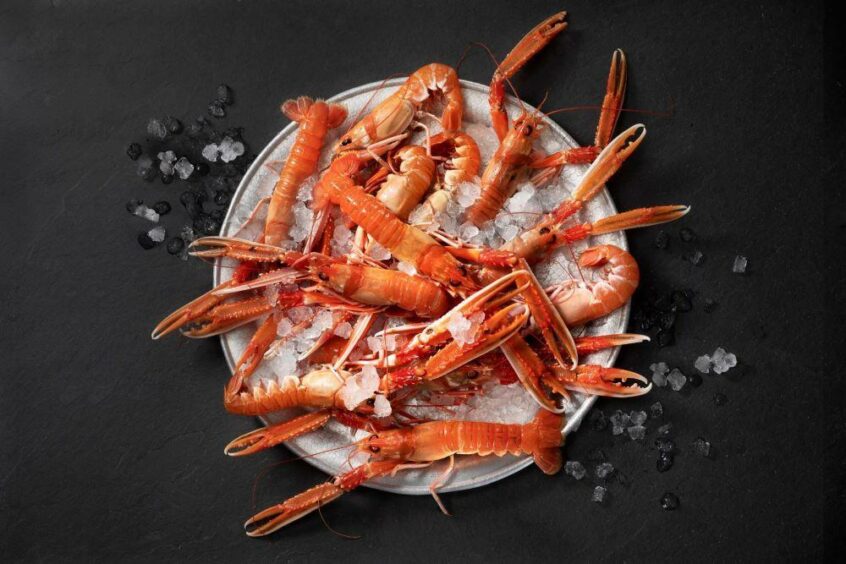Scottish seafood is being showcased at a major food and drink trade event, Gulfood, in Dubai.
Producers from this country, along with industry body Seafood Scotland, are hoping for a post-Brexit boost to global exports.
Gulfood, which started on Monday (February 13) and runs until Thursday (February 17), is one of the first big face-to-face international trade events since Covid-19 restrictions started to ease around the world.
More than 4,000 companies from in excess of 120 countries are exhibiting.
Thousands of buyers from countries worldwide are there seeking potential suppliers.
Organisers are billing the gathering, taking place at Dubai World Trade Centre, as the largest food and beverage sourcing event in the world.
Seafood Scotland’s team is in Dubai to spread the word about “the superb qualities of Scottish seafood”, particularly in Middle East markets.
Natalie Bell, head of trade marketing at the trade body, added: “Gulfood has always kicked off our trade show calendar and we are thrilled to be in Middle East again.
“A recent report from The Arab Organisation for Agricultural Development showed UAE (United Arab Emirates) residents eat nearly twice the amount of fish than the world average.
“With seafood clearly a popular choice in the region, we are looking forward to spreading the word about the fantastic choice of quality species our country offers.”
A Showcasing Scotland event takes place at Gulfood tomorrow and this country’s seafood produce figures prominently on the menu.
Guests will be treated to fresh and smoked salmon, langoustines, oysters, scallops and brown crab provided by Loch Fyne Oysters, Loch Fyne Seafarms, Mowi and The Scottish Salmon company.
Seafood Scotland programme manager Matthew Hurst is at the show to focus on Scottish langoustines.
He is meeting buyers from across the Middle East to gauge interest in the popular shellfish.
His findings will inform the Scottish Nephrops (prawns) Working Group, which is spearheading a drive to position langoustines as a seafood market leader globally.
Ms Bell added: “Matthew’s specialist knowledge about langoustines and the opportunities for buyers in the Middle East will add a further dimension to the Scottish seafood story, and reinforce the superb quality of our fish and shellfish.”
Exports of Scottish seafood suffered a severe blow early on in the Covid-19 pandemic, as key markets shut down almost overnight.
Restaurants were forced to close and many supermarkets in mainland Europe focused on local produce rather than imports.
The start of 2021 delivered more woe for Scottish seafood producers as post-Brexit red tape left much of their produce bound for EU countries stuck in a quagmire of red tape.
Industry anger over the significant and costly delays affecting perishable cargo led to a convoy of Scottish seafood trucks being driven through the centre of London in protest.
But sales of Scottish salmon at least appear to have bounced back.
Figures published by industry body Salmon Scotland, based on an analysis of UK Government data, show exports of the fish recovered to near-record figures last year.
Scottish salmon was shipped to 52 different markets during 2021, with growth achieved in 10 of the top 20.
Total sales grew to £614 million as the UK’s biggest food export bounced back from a weak 2020.




